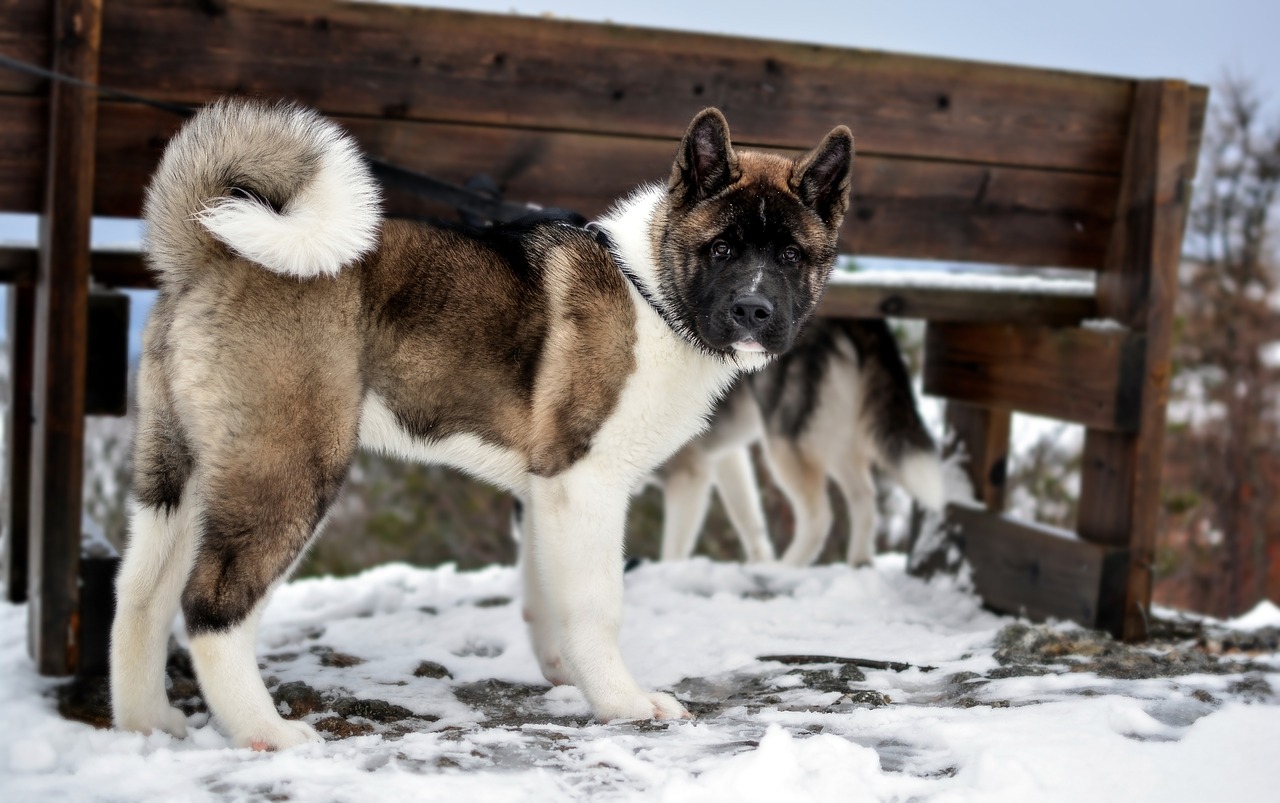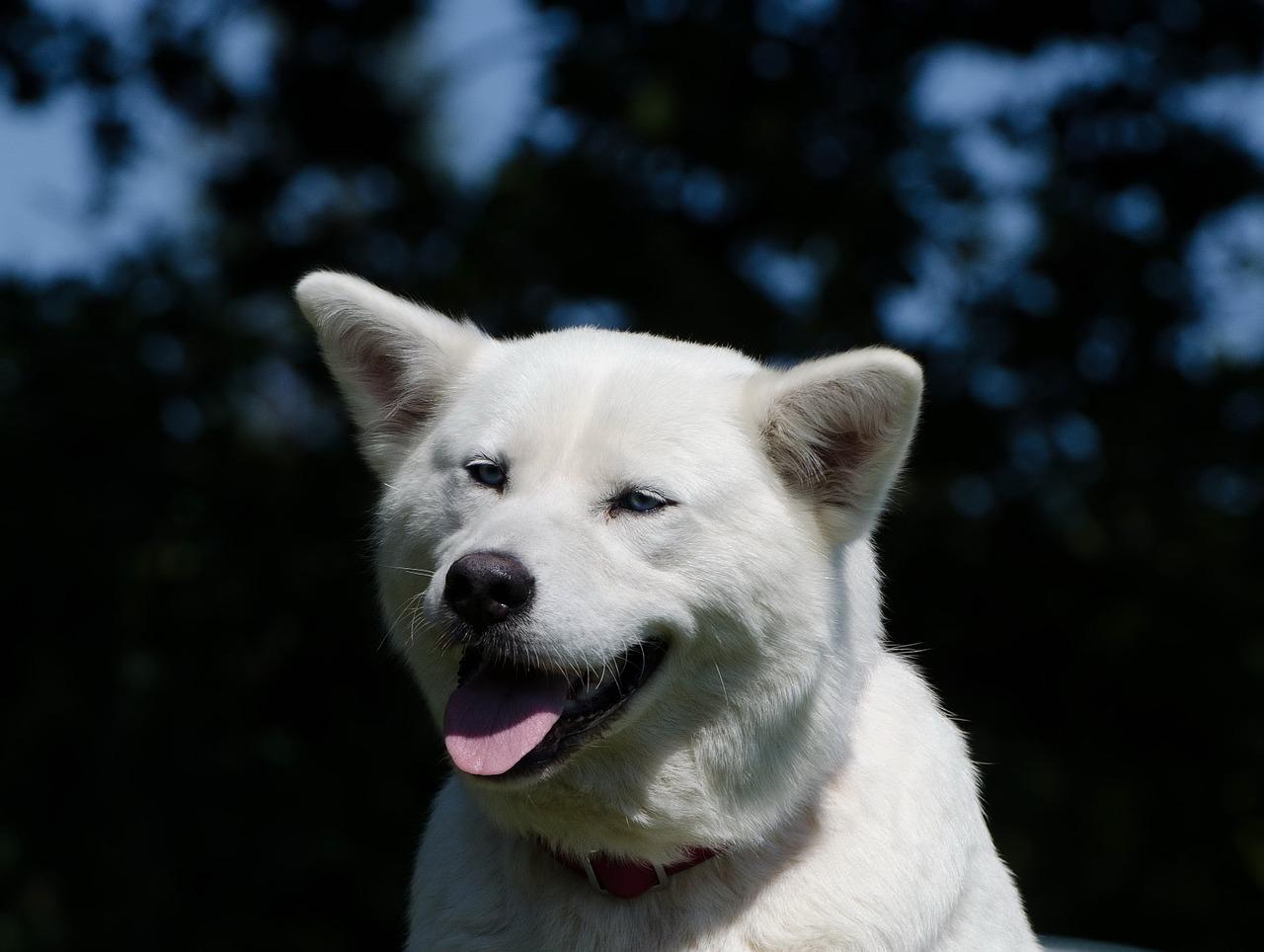Aside from their long lifespan, the Alaskan husky’s health can be a concern. Health problems in this breed range from Hypothyroidism to Hip dysplasia. Depending on the breed, you might want to consider a veterinarian for any issues. In general, the female Alaskan husky has a longer life span than the male. In this article, we’ll cover the important health issues for Alaskan huskies, and answer some of your questions.
Health problems of the Alaskan husky
One of the most common health problems among Alaskan huskies is hip dysplasia, which affects one or both of the dog’s hip joints. Symptoms of this condition include difficulty getting up from a bed after a rest, and a ‘bunny hopping’ gait when running. Though hip dysplasia is hereditary in many breeds, it more commonly occurs as the result of a chance genetic mutation.
Coat length varies
The coat of an Alaskan Husky can vary depending on its role. The working variety has a shorter coat, while the sled-racing varieties have longer and fluffier hair. This breed is available in a wide range of colors, from solid white to brindle. A solid white Husky may be found in the bloodlines of Alaskan huskies from arctic areas.
Hypothyroidism
One study is collecting information on the prevalence of hypothyroidism in the Alaskan husky, and researchers from the University of Minnesota are hoping to learn more about the disease’s genetic causes. This type of hypothyroidism is more common in dogs of the northern breeds, such as the Samoyed and Alaskan Malamute. But what is the best way to identify if you’ve found the signs of hypothyroidism in your dog?
Hip dysplasia
In the past, some owners have wondered if there is a way to detect hip dysplasia in Alaskan huskies. In actuality, it is possible to detect it through a genetic test. Hip dysplasia is a developmental activity involving the hip joints, which affects more Alaskan huskies than other breeds. Affected dogs may experience unexplained weight gain, loss of hair, and frequent ear infections.
Lysosomal storage disease
Scientists have found that genetic mutations that affect lysosomal storage proteins are responsible for the short lifespan of Alaskan huskies. Lysosomal storage disorders are inherited metabolic diseases, with an estimated frequency of one in every 5,000 live births. Some of these diseases affect different parts of the body, and some are inherited from one or both parents. There is no known cure for lysosomal storage diseases, but new ones are being discovered and studied. Although there are some clinical trials underway for lysosomal storage disorders, there is no cure as of yet.
Similar Posts:




Leave a Comment